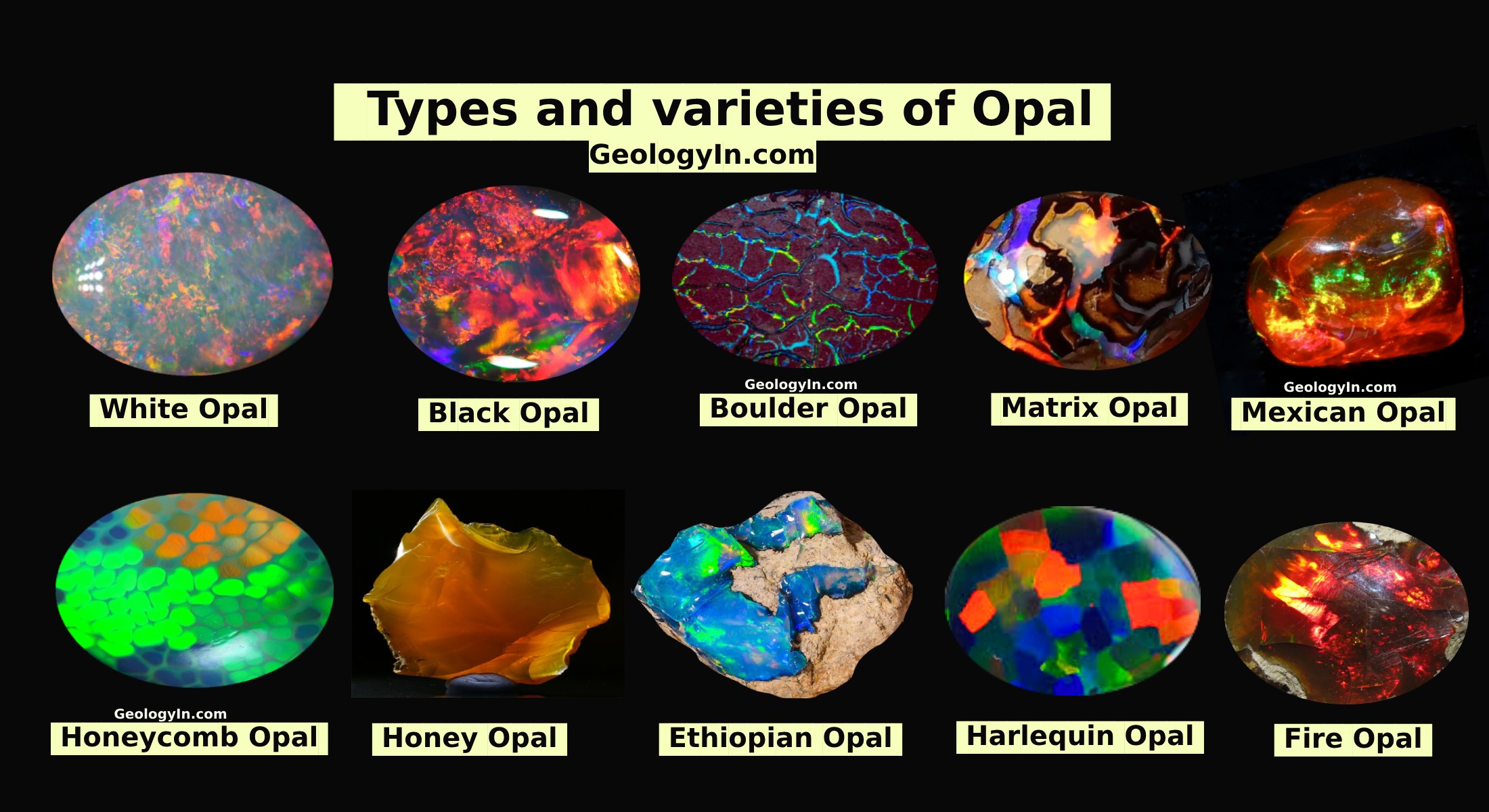Museum Offers $25000 Reward for Chunk of Maine Meteorite
A museum in Maine is offering $25,000 for the remains of a space rock that streaked across the sky before landing near the border between the United States and Canada.
A rare fireball was spotted streaking across the northern Maine sky in broad daylight last week. Experts hoping to study the meteorite are now offering a financial reward to anyone who can recover a piece of it.
NASA says this was the first radar-observed meteorite fall ever seen in Maine. Shortly before noon on Saturday, eyewitnesses reported seeing a bright fireball over New Brunswick, Canada, followed by "loud sonic booms" near Calais, Maine.
That's especially unusual because most fireballs are spotted during the night, when their light contrasts against the dark sky, as the Maine Mineral and Gem Museum noted in a Facebook post.
"This fireball being seen during the day is incredibly rare; imagine how bright it would have been at night," it added.
Using radar, NASA was able to detect that meteorites had fallen and calculate where they may have landed, noting that strong winds of up to 100 miles per hour carried smaller ones across the border into Canada.
The mile-wide "strewn field" stretches from just north of Waite, Maine, to Canoose, New Brunswick. And the mineral museum is encouraging people to go explore it.
"The existence of positive Doppler radar returns — meteorites detected descending through the atmosphere just several miles above ground — assures us there are meteorites waiting to be found," Darryl Pitt, chair of the museum's meteorite division, said in a Monday release.
The museum, which is home to the world's largest specimens of the moon and Mars, is offering $25,000 for the first 1 kilogram of meteorite found — but is willing to purchase other fragments, too.
"Depending upon the type of meteorite this is, specimens could easily be worth their weight in gold," said Pitt.
The museum says people are most likely to find specimens "directly west of Canoose straddling the border," and that the reward is also open to Canadians.
And there are a few things officials want people to know before they set out to search.
For one, the museum's research lab technologist is able to test specimens for identification by appointment only, a process that costs money and takes five-10 business days to yield results.
The museum advises first-time hunters to do some online research first so they know what they're looking for — and warns everyone to take the appropriate precautions.
"Needless to say," it adds, "one must obtain permission to hunt on private property."

.jpg)
%20(1).webp)






